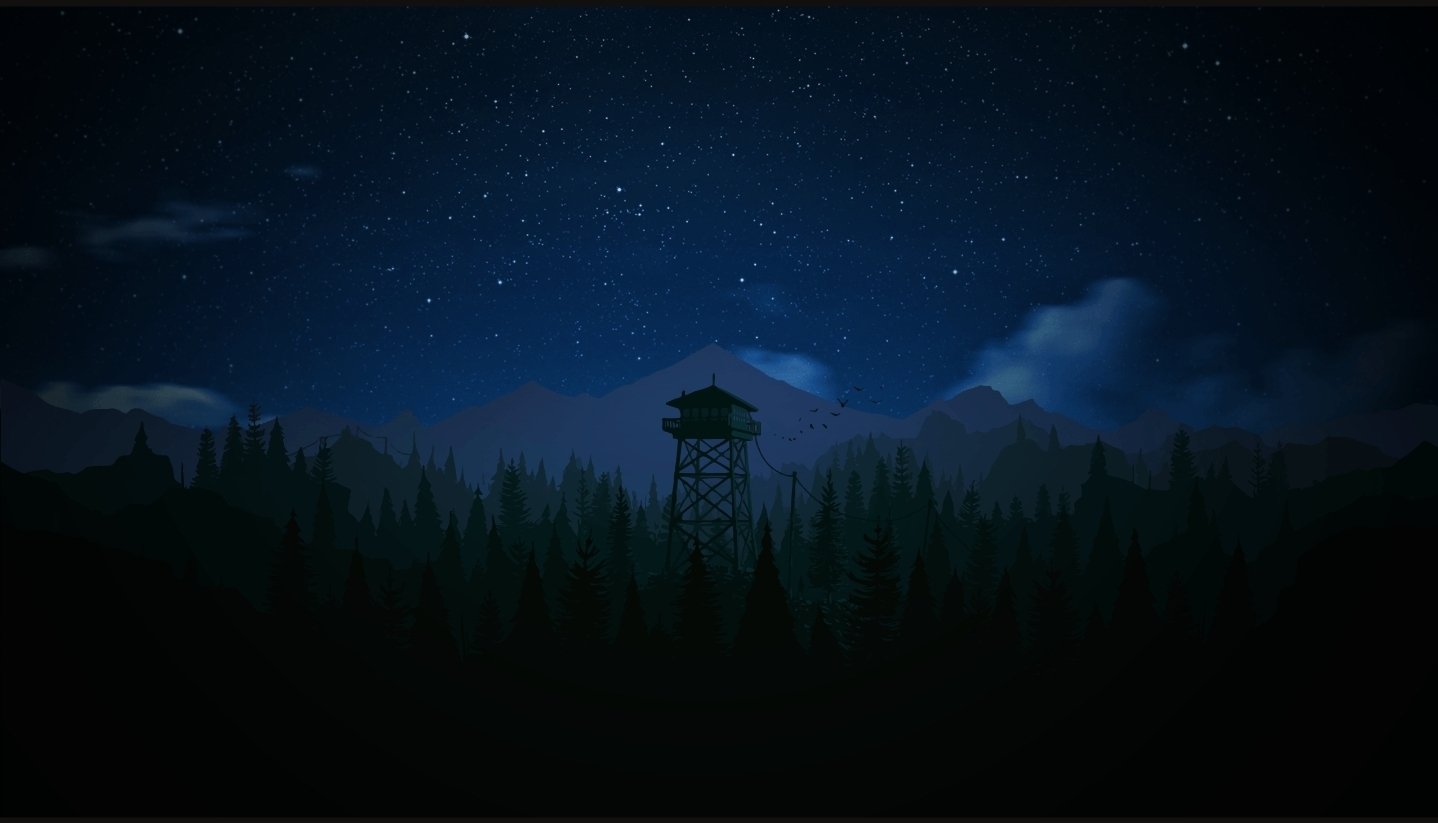I was watching a Joe Scott video about the Somerton Man, and at one point he mentions it’s believed he just wanted to be forgotten.
I’ve met a lot of people who are like this. They feel too dysphoric about their life and are eager to see the day when their families all pass away or have memory loss so that the worst parts of their life aren’t in other peoples’ heads anymore. It’s sad.
There are a lot of things we consider rights by default. There’s a right to a burial. There’s a right to a last meal. There’s a right to a will. Some of these have people who philosophize about them but most are taken for granted.
Do you think there’s a right to be forgotten? How much do you validate it? What’s your reasoning?
I’ve written about this on my blog: https://nycki.net/blog/2024-09-21-01-ethics-of-reuploading/
in brief: I think the right to keep one’s memories should usually come first over another’s right to be forgotten, but its ultimately a consent issue.
If Ea-nāṣir doesn’t have a right to be forgotten then no one has.
In the EU “right to be forgotten” means something else. It means that I can go to a company and demand that they delete my data from their servers, not to demand that someone wins The Game about me.
To the extent that privacy-violating data collected about you should be deleted on request, absolutely.
But there are basic things like public records which should remain public. Birth/death records, property records/titles, marriage records, business ownership, etc.
Ideally it would be nice if there were protections in place on what data a company or government is allowed to collect about you in the first place, but anyone whose personal/private data (not public records) are collected by a company or government office should be able to both request copies of those records on demand and ask that they be deleted if desired.
It’s too broad of a question. The right to be forgotten in the sense of “Google can’t data-mine the shit out of you and track your poop schedule”, yes. In the sense of “Musk wants to delete videos of him doing a Nazi salute because he’s facing the consequences for being a piece of shit”, no. A better term might be a “right to privacy”, which gets less applicable as you become more of a public figure or affect the public at large.
deleted by creator
I may be misunderstanding what you’re saying, but it absolutely is not an obligation to remember one’s family (unless we’re specifically talking about chosen family and not bio family). I have many friends who have been disowned, kicked out, physically/emotionally/verbally abused or even raped by their biological families as a result of being gay, trans, bi, pan or something else. It would be abusive and highly immoral to force them to keep their biological family in mind when making decisions.
They have no obligation to remember the trauma inflicted on them by their family members, except, perhaps, in a legal context against said family members; but once said legal context is fulfilled, they have no obligation to continue to remember. To state otherwise is to demand that they relive their past trauma, and for what? So their tormenter(s) can continue to torment them?
No. They have no obligation to continue to allow themselves to be tormented. Nor do they have any obligation to remember their biological families.
Now, if you’re talking about chosen family, then you might be onto something, but as long as their chosen family is taken care of and does not need assistance from them, should they not honor their loved one’s desire to one day be forgotten? Should they not allow the photos, keepsakes and whatnot that document a person’s life, someone else’s life, to be destroyed once they’re no longer in use by anyone? To do otherwise would be selfish; if I am going to die and my best friend wished to not be remembered, I would allow them to go through my things and remove themselves once I had passed. After all, it is unlikely I will remember them once I’ve hit my expiration date and my things will no longer be of any use to me. If they wish to purge themselves from my mementos, then they may do so.
The only exception I can think of is if someone was exceptional in some way. The kind of person who gets a paragraph or more dedicated to their life in a history book. In that specific case I believe they should be remembered, but done so respectfully; perhaps with a pseudonym.
deleted by creator
Yes, with lots of carve outs:
- Un-aquited criminals who have not served their time have no right to be forgotten
- Public personalities who wish to remain public personalities don’t get to have it both ways
- Within reason, binding contracts entered into without coercion should remain binding, maintaing existing contract escape mechanisms.
Otherwise, for the rest of us, I do think we should have a right to be forgotten.
… is that “caveat” with a dash of bone apple tea?
If you’re referring to “carve out”, then nope. See Carve Out Legal Meaning
Ah, thanks. Could only find the business meaning of it, which didn’t make sense.
I think you can have a reasonable expectation that companies won’t store your personal data without permission while you are still alive. However asking future historians to omit or not investigate your existence seems unreasonable.
Plenty of reasons for someone to want to start over completely. I would’ve liked that to still be possible.
One day the mountains will crumble to the sea. Just as one day we will all be forgotten to history, and in that it is inalienable. The only question is if that’s something you would want or not.
I really don’t know. I’m certainly in favor of it as a legal right within certain restrictions, but I can’t say that it is or is not a fundamental human right, though I’m inclined to think it’s not.






